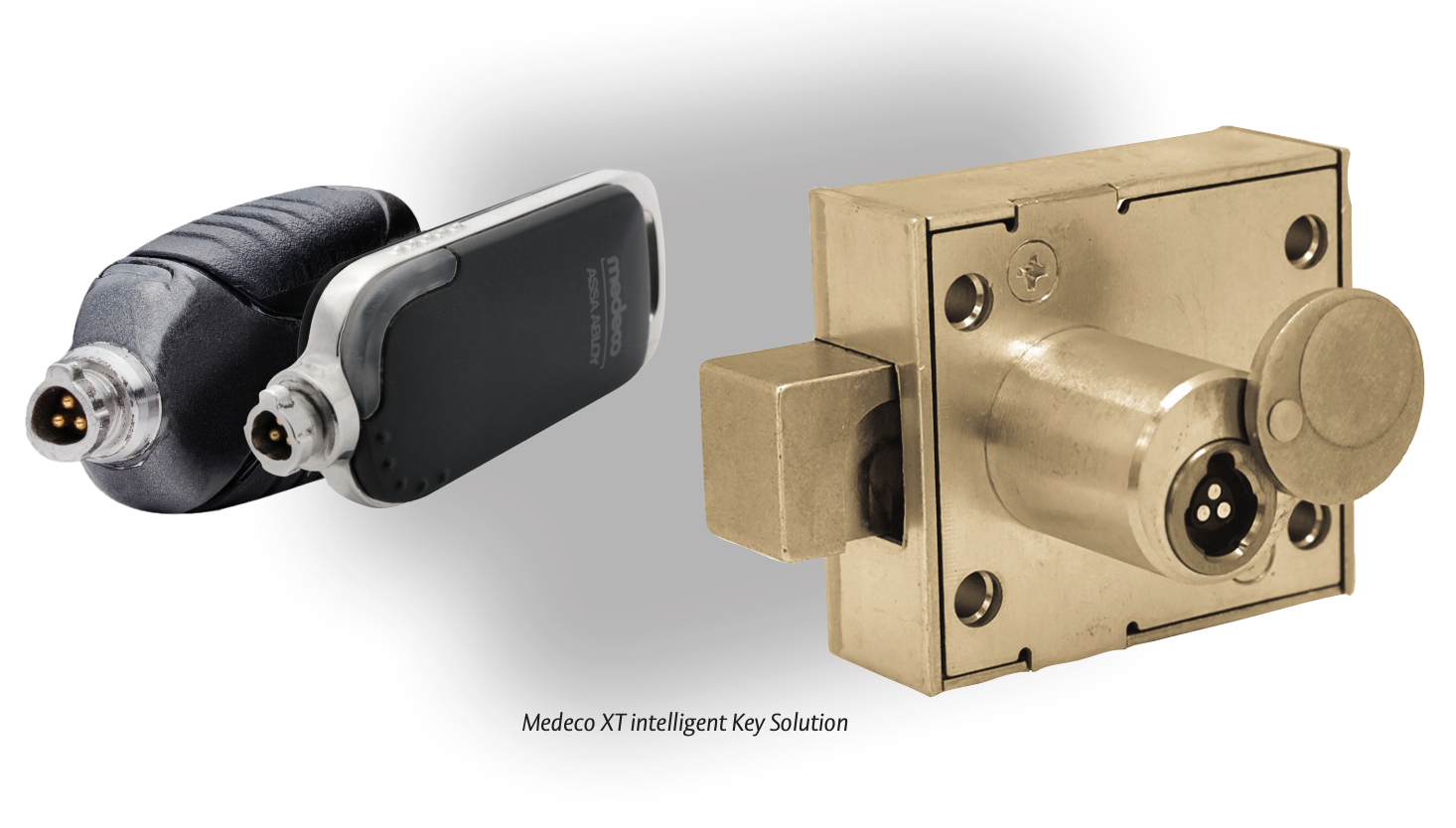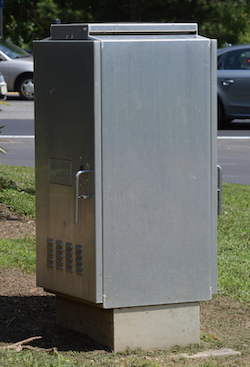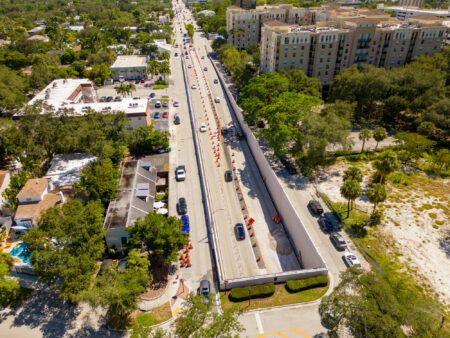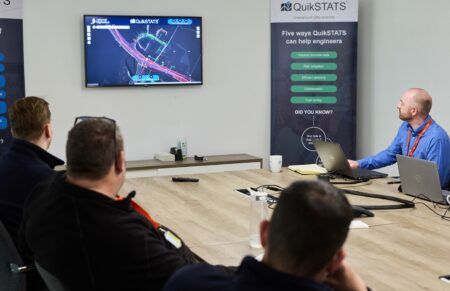Econolite has added a new product suite of security locks in its distribution agreement and expanded relationship with Genetec, to offer several models of traffic cabinet security locks to its long list of public sector customers, including cities, counties, transit authorities, and other government agencies.
The collaboration promises new insights to innovation, market dynamics, and security. Genetec, a provider of unified security, public safety, operations, and business intelligence solutions, and Econolite have been working together for years, providing transportation agencies with added security for transportation infrastructure throughout North America.

Intelligent Key Solutions such as Medeco XT offer a fast, easy and affordable way to upgrade the security of traffic cabinets. Installed in minutes, Intelligent Key Systems eliminate the need for wiring and other expensive infrastructure. They offer a powerful feature set at a much lower cost than traditional electronic access control (EAC) when live monitoring and door alarm features are not required.
 “Econolite is excited to offer customers best-in-class physical security for traffic cabinets, which are at the very core of the critical infrastructure for traffic management,” says Ryan Bullock, Econolite vice president for cabinet product management. “With credentialed access to traffic cabinets and remote security monitoring capabilities, this solution will help our customers take security at the intersection to the next level.”
“Econolite is excited to offer customers best-in-class physical security for traffic cabinets, which are at the very core of the critical infrastructure for traffic management,” says Ryan Bullock, Econolite vice president for cabinet product management. “With credentialed access to traffic cabinets and remote security monitoring capabilities, this solution will help our customers take security at the intersection to the next level.”
Related features of Econolite’s security offerings include: access management, instant event verification, remote security; and assessment and analysis to provide customised reports and dashboards, and to monitor activity patterns.
“Econolite is a leader in the intelligent transportation systems market and brings a wealth of knowledge and experience to the relationship,” said Genetec business development manager Jordan Burnsed. “The pairing of Genetec and Econolite will not only provide the industry with new and creative security solutions, but also help establish a safer, more secure critical infrastructure.”





